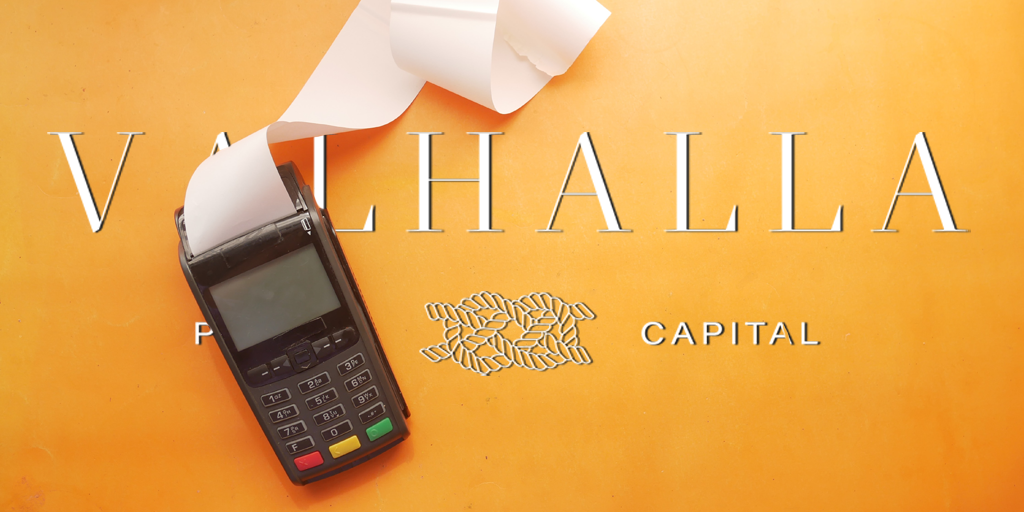
Emmet McGonagle
The latest installment of Valhalla Private Capital’s Ask An Expert series saw Aly Madhavji, managing director at Blockchain Founders Fund; Jeffrey Manner, general partner at Weave VC; and Dhawal Shah, co-founder of Frontier discuss the potential of a “Mark Zuckerberg metaverse” as the digital world continues to evolve.
Speaking with moderator
Mark Mitchell, Edmonton Chapter President at Valhalla Private Capital, Aly described the existence of a dystopian metaverse at the hands of Facebook founder Mark Zuckerberg as “a very realistic future that isn't as exciting and bright as we imagined it to be today”.
He claimed that the user-friendly experience of
web3 and
cryptocurrency is something which is “fought for every day by people building protocols, fighting for decentralization and trying to create better systems”.
However, Aly remarked that CBDCs (central bank digital currencies) may be “the very first sort of dystopian angle that proliferates in a world where our government or central bank has complete oversight and control over our monetary system”.
According to
Kristalina Georgieva, managing director at
IMF, an estimated 100 countries are exploring CBDCs at one level or another, including the Bahamas, Sweden and China - a country whose use of crypto was openly questioned by Aly during the discussion.
“Their motives for pushing this forward are not the empowerment motives that crypto has been [built] on,” he remarked, noting that “things can change quickly sometimes” in terms of a country’s trust in its government.
‘Potential To Be Misused’
Likewise, Dhawal Shaw admitted that cryptocurrencies and blockchain have the “potential to be misused” to “launder funds off criminal proceeds”, if placed in the wrong hands.
“Unfortunately there's not much that can be done [to remedy this],” Dhawal remarked, likening the downfalls of blockchain to that of the internet “and every other technological innovation” to date.
On the topic, he said that at least 18-20 startups have been fined by the
Standards Council of Canada (SCC) for failing to maintain records or “facilitating activities which would be otherwise regulated”.
“That's where identity is one of the most important aspects [of blockchain],” Dhawal concluded.
An Identity Crisis
Jeffrey Manner, on the other hand, agreed that blockchain users risk “exposing” themselves through current protocols which do little to anonymise financial records.
Using email addresses - which Jeffrey remarked are an “incredible thing that we take for granted” as an example - the Weave VC general partner hailed crypto as “the rebirth of [web1] ethos”.
He elaborated: “Email is an incredible web1 protocol where you can email anybody in the world and no one can really shut it down.
“The crypto-native way of identifying yourself is a wallet address - it's fully decentralized, kind of like an email address, and this has a ton of advantages.
“The disadvantage,” he added, “is sometimes you want to prove that you own something but you don't want to share your entire history of every financial transaction you've ever made.”
As a result, Jeffrey claimed a “bridge factor” should be implemented in order to protect users from exposing their personal information - a factor which he remarked is currently being worked on by “a lot of very smart people” through privacy-focused protocols in the ecosystem.
Do you have a question about angel investing? Get in touch with Valhalla Private Capital via our
contact page.



